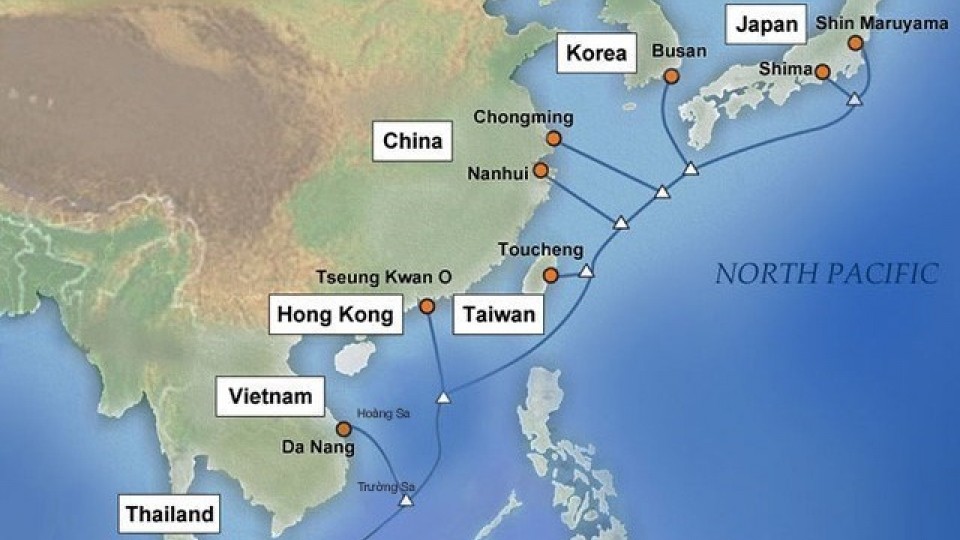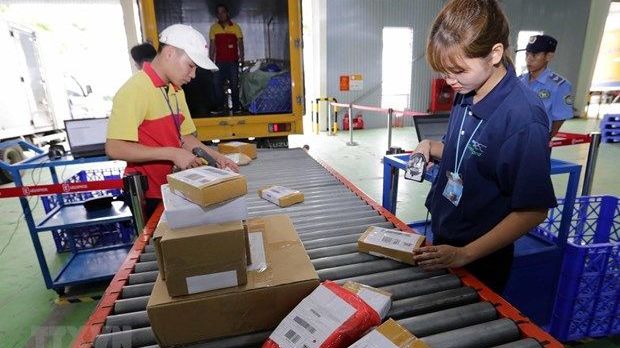
Solutions to ensure 'peace of mind' when using the Internet
Latest
 |
| Safer Internet Day has transcended all geographical boundaries and is held annually on the first Tuesday of February in nearly 200 countries worldwide. |
Noteworthy Statistics on Internet Usage in Vietnam
Vietnam is one of the countries with the fastest-growing Internet usage rate in the Asia-Pacific region. In January 2023, Vietnam had 77.93 million Internet users, reaching an Internet usage rate of 79.1% of the total population. According to Kepios' analysis, the number of Internet users in Vietnam has increased by 5.3 million (+7.3%) compared to 2022. Also, in January 2023, Vietnam had 70.00 million social network users. According to GWI and data.ai, the prevalence of social networks in Vietnam is still rising without showing any signs of diminishing.
According to UNICEF's report, 83% of children aged 12 - 13 use the Internet. This number increases to 93% for those aged 14-15. According to the Ministry of Labor, Invalids, and Social Affairs (MOLISA), children use social networks for 5 - 7 hours/day; however, only 36% of children, mostly aged 16 -17, are taught about internet safety. Thus, children can easily fall into the trap set by online strangers and access harmful content, including violence or pornography. They may also face private information dissemination, cyberbullying, seduction, harassment, scams, extortion, threats, and coercion into illegal activities.
Self-equipped with the proper knowledge to ensure Internet Safety
To raise awareness of ensuring safety on the Internet, Safer Internet Day was established in 2004. Safer Internet Day has transcended all geographical boundaries and is held annually on the first Tuesday of February in nearly 200 countries worldwide.
In Vietnam, in addition to supporting Safer Internet Day, the Ministry of Information and Communication (MIC), the Ministry of Public Security (MPS), and other departments have organized numerous conferences and seminars, as well as issued documents and official dispatches to give people access to the knowledge they need to avoid potential risks from the Internet.
On July 10, the MPS warned about three main fraudulent types in cyberspace in Vietnam, including brand counterfeiting, account appropriation, and other combination methods, with 24 forms of scam. These fraudulent forms target the following demographics: Older adults, children, students, young people, workers, laborers, and office workers.
According to the MPS, online scams have recently become complicated in the digital environment. According to the Authority of Information Security (AIS) of the MIC, in the first six months of 2023, the prevalence of online scams in Vietnam increased by 64.78% compared to the same period last year. It increased by 37.82% compared to the previous six months of 2022.
The MPS also advises people on safety-related skills, such as limiting the sharing of personal information on the network, using secure passwords to protect their accounts online, and proactively learning about information security methods, etc.
In response to the month of action to propagate the identification and prevention of online frauds and to help people equip themselves with sufficient knowledge about safe ways of using the Internet, the Khan Academy Vietnam program, powered by the non-governmental organization The Vietnam Foundation, has officially localized the Internet Safety course. This online and utterly free course is designed to provide people of all ages, from all regions of Vietnam, with knowledge about Internet safety, including various topics such as: Learning about passwords, personal identifiers, and account security; Learning about anonymous browsing mode, cookies, and noticeable factors when choosing a browser and browsing the web, as well as when shopping and paying online; Learning about device security; Understanding about scams, cyber-attacks, how to detect and prevent cyber-attacks; Data encryption techniques; Safe Internet protocols, etc.

















